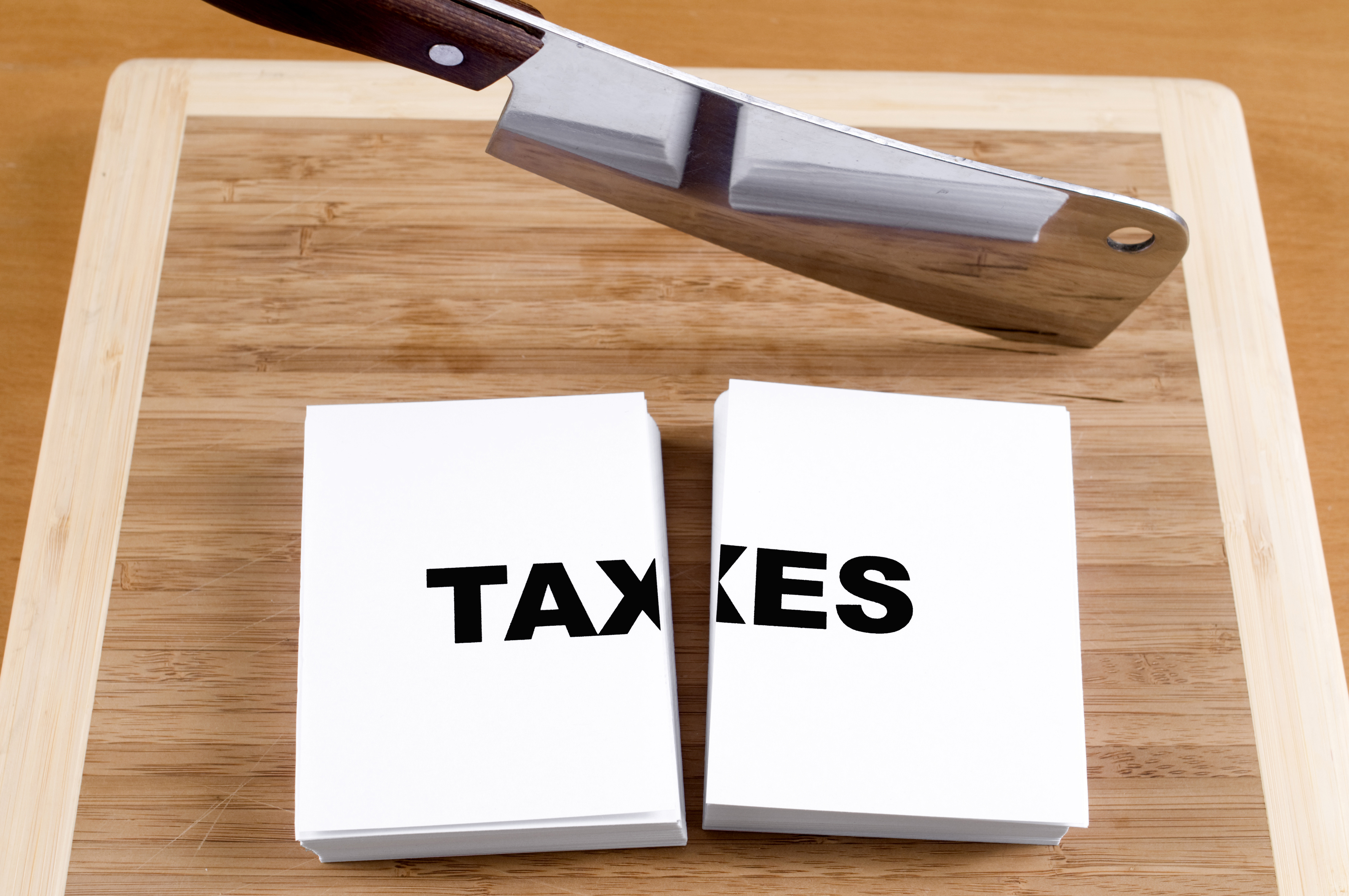Household Bills
Why you’ll pay more tax in 2021/22

The new tax year starts on 6 April and, although income tax thresholds will rise in line with inflation, you could still end up paying more tax.
Income tax is just one of a myriad of tax thresholds and allowances, some of which haven’t changed for years. Others include inheritance tax (IHT) and capital gains tax (CGT).
Keeping the allowances the same, when wages or house prices are rising, creates fiscal drag.
Income tax
The personal allowance will increase from £12,500 to £12,570 from 6 April. This is in line with last September’s inflation of 0.5%.
But wages are likely to increase by more than inflation. The Office for Budget Responsibility estimates wages will rise about 2% in 2021. It means there’s every chance your wages will rise faster than the threshold, and you’ll pay more tax.
For bigger earners, the key thresholds are already frozen. The additional rate threshold is £150,000 – as it has been for more than a decade – and the £100,000 threshold at which people start to lose their personal allowance stays the same.
Child benefit tax charge
The £50,000 threshold at which parents start to lose their child benefit is still in place. This means some basic rate taxpayers will have to complete tax returns and repay the benefit as soon as one of the parents earns more than £50,000.
Once a parent earns £60,000 they have to repay it all, so working parents (who both earn over the national insurance threshold so they don’t need the national insurance credit) can opt not to receive it at all.
Inheritance tax (IHT) and capital gains tax (CGT)
The IHT nil-rate band will remain at £325,000 in 2021/22 and the residence nil rate band at £175,000. Meanwhile, the IHT annual tax gift allowance remains at £3,000.
House prices are currently up 8.5% in a year, so it means more estates will have more IHT to pay.
Rising house prices also mean higher CGT bills for second property investors who sell up.
Dividend tax
After falling this year, dividends are expected to bounce back in the coming tax year. This is great news, particularly, for those who hold shares within an ISA or pension and take dividends as income.
However, for those who have significant shareholdings outside of tax wrappers, because the dividend allowance has stuck firm at £2,000, the threat of dividend tax rears its head again.
Stealth taxes
Sarah Coles, personal finance analyst at Hargreaves Lansdown, said: “If you were wondering what to spend your lockdown bonus on, the government has an idea: higher taxes.
“They shouldn’t come as a huge surprise. It was the over-riding message of the Budget. However, you’d be forgiven for thinking that you’ll only start to notice the changes very slowly, and often only in a year’s time when key thresholds have been frozen.
“The real stealth taxes coming next year aren’t the ones that were announced in the Budget, they’re the myriad of other thresholds and allowances which haven’t budged at all, and in some cases haven’t moved in so many decades that they’re practically fossilised. Meanwhile, everything from rising house prices to inflation is propelling us at speed over thresholds and into higher tax territory.”
Five ways to cut tax in 2021
ISAs
If you’re saving to buy a first property, are aged between 18 and 39, and have at least a year until you expect to buy, you should consider a Lifetime ISA. In addition to tax-free growth, you get a 25% bonus on contributions. You can save or invest £4,000 this tax year.
Don’t forget Junior ISAs too. In the current tax year, you can save or invest £9,000 in a JISA for any qualifying child, and all interest, dividends or capital gains are tax-free.
Pensions
Contributions to pensions attract tax relief at your highest marginal rate, and the first 25% taken from the pension is usually tax-free.
There’s tax relief on pensions even for non-taxpayers on the first £3,600 a year. It means you can contribute tax-efficiently to a pension on behalf of a child.
Salary sacrifice
In some cases, the government will let you give up a portion of your salary, and spend it on certain things free of tax (and in some cases national insurance).
This includes pensions, childcare vouchers, bike-to-work schemes, and technology schemes.
Spouse exemptions
Assets that produce an income can be passed between spouses without triggering a tax bill.
They can therefore be shared between a couple, so that both take advantage of their allowances. The balance can be held by the spouse paying the lower rate of tax, to reduce the tax payable.
Marriage allowance
If one spouse is a non-taxpayer, and the other is a basic rate taxpayer, the marriage allowance lets the non-tax-payer give £1,250 of their personal allowance to their spouse in the current tax year.